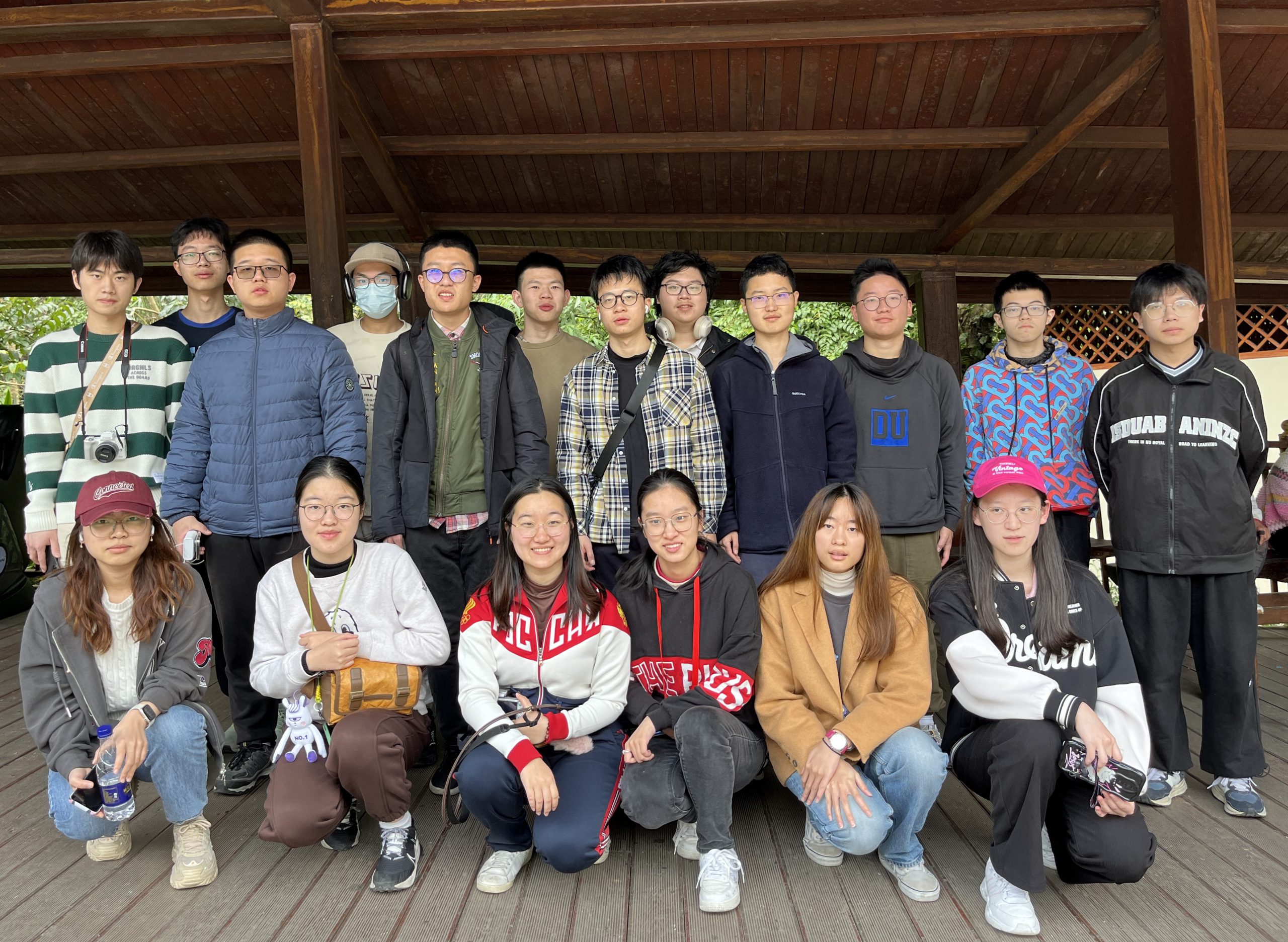Computational Thinking with Data
Background:
Program locations: Guangxi Autonomous Region
Duration: 4 – 14 January, 2026
Study Language: English
Accreditation: 2 credits
Calculated as 1 credit per 16 contact hours (1 contact hour = 45 minutes)
Eligibility: Basic experience python (numpy, scikit-learn, pandas, etc.) is required
Slot: 10
Testimonials:
Though two weeks of study may seem brief, our journey from the basics of image annotation to model training has offered a profound glimpse into the research process of data science. It has provided me with an opportunity to actively pursue knowledge and exploration. The experiential learning gained from this immersion is invaluable for shaping my future career path. I eagerly anticipate engaging in further practical leaning experiences across various domains.
— Yerui Huang, Sophomore at JI
The two-day trip to Xishuangbanna was brief yet unforgettable. Upon returning to Kunming, we resumed our studies related to data. We further explored methods of detecting various animals and visualizing the data. Throughout this learning experience, we gained a wealth of knowledge on how to formulate questions, design models, solve problems, and present findings. In the future, we aim to apply the skills learned during the winter program to more projects.
— Jiachen Lyu, Junior at JI

